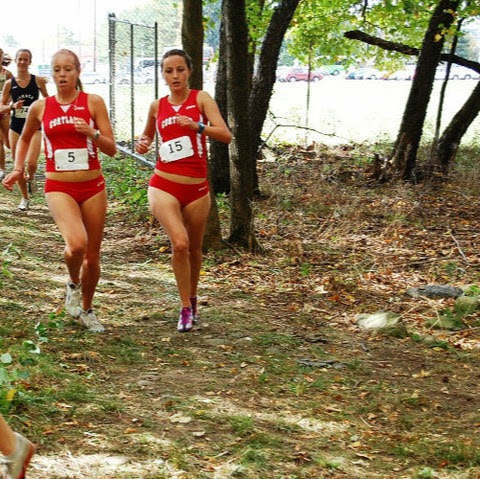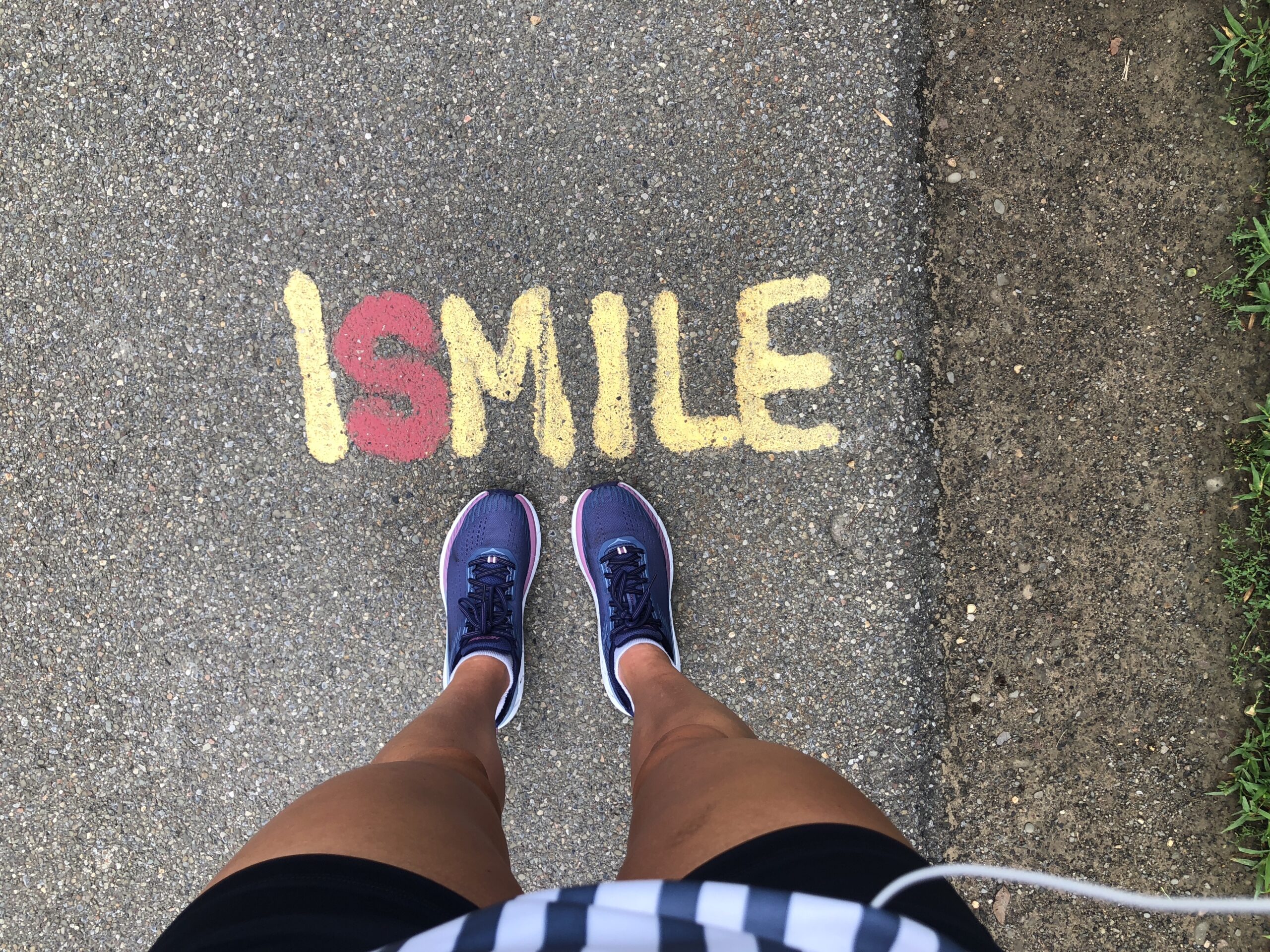I never sought help for my eating disorder. I never thought I was never thin enough.
Growing up, I was surrounded by thin images, weight loss diets, and Lifetime movies depicting eating disorders. I watched gymnastics, and I remember writing a mini-research report in middle school about a gymnast with an eating disorder. She was pale and waif, suffering from anorexia. She was also talented and glorified. I wanted to be like that.
You’re so skinny.
Eat a burger.
Omg you look so good!
You’re so lucky, you can eat whatever you want.
These comments fueled me. They fueled my disorder. But I thought nothing was wrong.
Growing up, I was naturally thin. Sure, as a young child I had some baby fat, but I have always lived in a thin body. But when I got to middle and high school though, it wasn’t thin enough. In the days of pop stars and The Simple Life, my idea of what was acceptable was an unattainable thinness that required hard work and sacrifice to achieve. So I set off on a journey, willing myself to rid of every ounce of fat on my body. I skipped meals, convinced myself I wasn’t hungry, applied and reapplied my lemon flavored C.O. Bigelow lip gloss from Bath and Body Works while shivering through U.S. History, using that flavored lip gloss to trick my body into thinking I’d eaten.
I grew up thin and I made myself thinner. But I didn’t have a problem, I thought. Born a 90’s kid, I grew up when diet culture was really heating up. I didn’t have a problem. This was all very normal.
In my young mind, this is what an eating disorder looked like: rail thin, pale, translucent almost. Sunken cheekbones and protruding ribs. A thigh gap. Thinning hair.
I looked healthy. Good by society’s standards. I fit the mold of what I was supposed to look like. It wasn’t a problem, it was an achievement.
But once you begin, once the diets and the restriction, the calorie counting and weight-monitoring begin, they don’t stop. You’re always hungry for more. More compliments, more pounds lost, more control, more validation. So I kept at it. I went to college, began my collegiate running career, and strived to be thin and fast.

Racing with a teammate in college
But in college, the progress stopped. I kept restricting, even amped up the game. More water and coffee, less carbs and fat. But the scale started to move in the wrong direction. Instead of continuing to hover around that number I’d become so accustomed to, the number began to rise. Just slightly, but enough to notice. As I moved from childhood to adulthood, my body was doing as it should, gaining weight to keep me alive and well, but I was terrified. So I worked harder. More restriction, more calorie counting, fewer food groups. Extra exercise, less dessert, more guilt. But it didn’t work. The scale climbed and I’d lie awake at night, tears streaming down my face. Why couldn’t I get this right?
I was ravaged with mental turmoil. Pain and guilt plaguing me constantly. I couldn’t put a crumb in my mouth without analyzing it, without filling the rest of my day with guilt. I couldn’t enjoy social gatherings with food and going out to eat was my nightmare. My mental health was in disarray, but I wasn’t thin anymore and I definitely wasn’t wasting away, so what could I do about it? Nothing.
My thoughts and behaviors would have matched the criteria for an eating disorder but I was never diagnosed because I didn’t think I was thin enough to ask for help. I didn’t think I needed help. I didn’t think I deserved help.
I never sought help for my eating disorder. I was never thought I was thin enough.
This is the lie I believed for years and years and years. I believed this lie for so long that I never received help and I suffered in silence for years. I suffered in silence like so many individuals do. Like most people do. Luckily, I eventually slowly climbed my way out of the hole and embarked on the journey to recovery. But it didn’t have to be this way. It didn’t need to take so long. I didn’t need to suffer so many years. I didn’t have to do this alone.
So when was I supposed to ask for help? When was I thin enough to get help?
When I began questioning the state of my mental health, when I was crying myself to sleep over guilt of eating dessert. That is when I was supposed to ask for help.
And when was I thin enough?
Always. I was always thin enough to get help.
No matter what size you are, you always deserve to seek help for your eating disorder, but if you’re still not sure, consider the following:
Do you think about food constantly?
Does eating make you feel guilty?
Do you count calories?
Do you diet?
Do you weigh yourself often?
Do you eliminate food groups?
Do you exercise to earn foods/
Do you succumb to food rules and cheat days?
This is not an exhaustive list, but if the answer is yes to any of these, seek help. No matter who you are, what you look like, or what the scale says, if you are struggling you deserve help.
Resources for seeking help:
National Eating Disorders Association Screening Tool
NEDA Helpline: 800-931-2237
Let's Go!
Coaching for Runners
Work with our coaches for a personalized training plan that takes into account every aspect of your life - from season to traveling to terrain.
Learn More
Workshops for Teams
Book a workshop to help shift team cultures and coach attitudes to provide a healthier environment and more competitive athletes.
